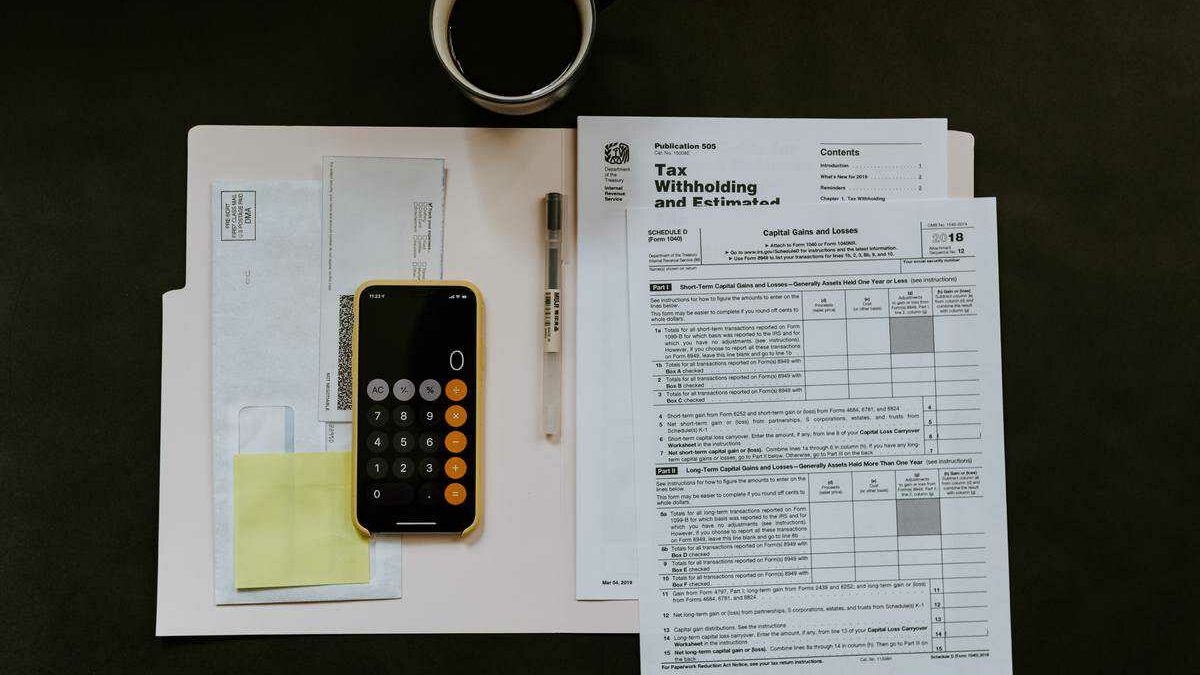How to calculate your crypto tax in 2023

Table of Contents

Over recent years, as crypto adoption has increased, the focus on crypto tax from the ATO has also been heightened. Crypto holders have previously received notices from the ATO to report crypto gains.
The last thing anyone wants is to be caught out, so it’s important to understand what your obligations are before you lodge your tax return.
Firstly, crypto tax can be confusing, but there are some steps you can take to ensure you comply with the tax regulations for 2023.
How is crypto taxed?
Tax rules are not consistent around the world and the tax treatment of crypto varies from each country. The general trend has been that crypto is treated as an asset or property subject to capital gains tax or CGT. This includes Australia, where the ATO has outlined its guidance for the tax treatment of crypto. Essentially when you sell, gift or trade crypto to crypto, you’ll need to work out your CGT obligations and whether you’ve made a capital gain or loss.
It’s worth noting that the ATO has data matching programs with crypto exchanges in Australia meaning they can access information regarding your crypto activities and may already know you’ve held crypto during the year.
What you should know about managing crypto tax and common mistakes
Whilst many crypto investors may have suffered this year, tax loss harvesting can be a silver lining. Tax loss harvesting allows you to claim capital losses by recognising and selling your assets at a capital loss. These capital losses may be carried forward against future capital gains and even over multiple financial years.
Crypto taxes can be complex and time-consuming, and typically people hold crypto across numerous exchanges and wallet making the record keeping process a challenge. Using crypto tax software such as Koinly can save hours and help you stay compliant. Koinly aggregates your trades, calculates your profit and loss over the last financial year and generates a report that you can present to the ATO or share with your accountant.
One of the biggest mistakes a crypto investor can make when it comes to taxation is not seeking professional advice if you are unsure of your obligations. This is particularly important if you are staking, mining or involved in DeFi transactions. Crypto taxation can be highly complex, and tax laws are continually evolving to keep pace with the crypto industry. The worst thing you can do is assume that crypto isn’t on the ATO’s radar and hope for the best.
If you have missed the deadline, its important to lodge your tax returns as soon as possible to avoid any possible penalties which may apply.
Disclaimer
Koinly is not a financial or tax adviser. You should consider seeking independent legal, financial, taxation or other advice to check how the information presented relates to your unique circumstances.
Keep up to date with our stories on LinkedIn, Twitter, Facebook and Instagram.






